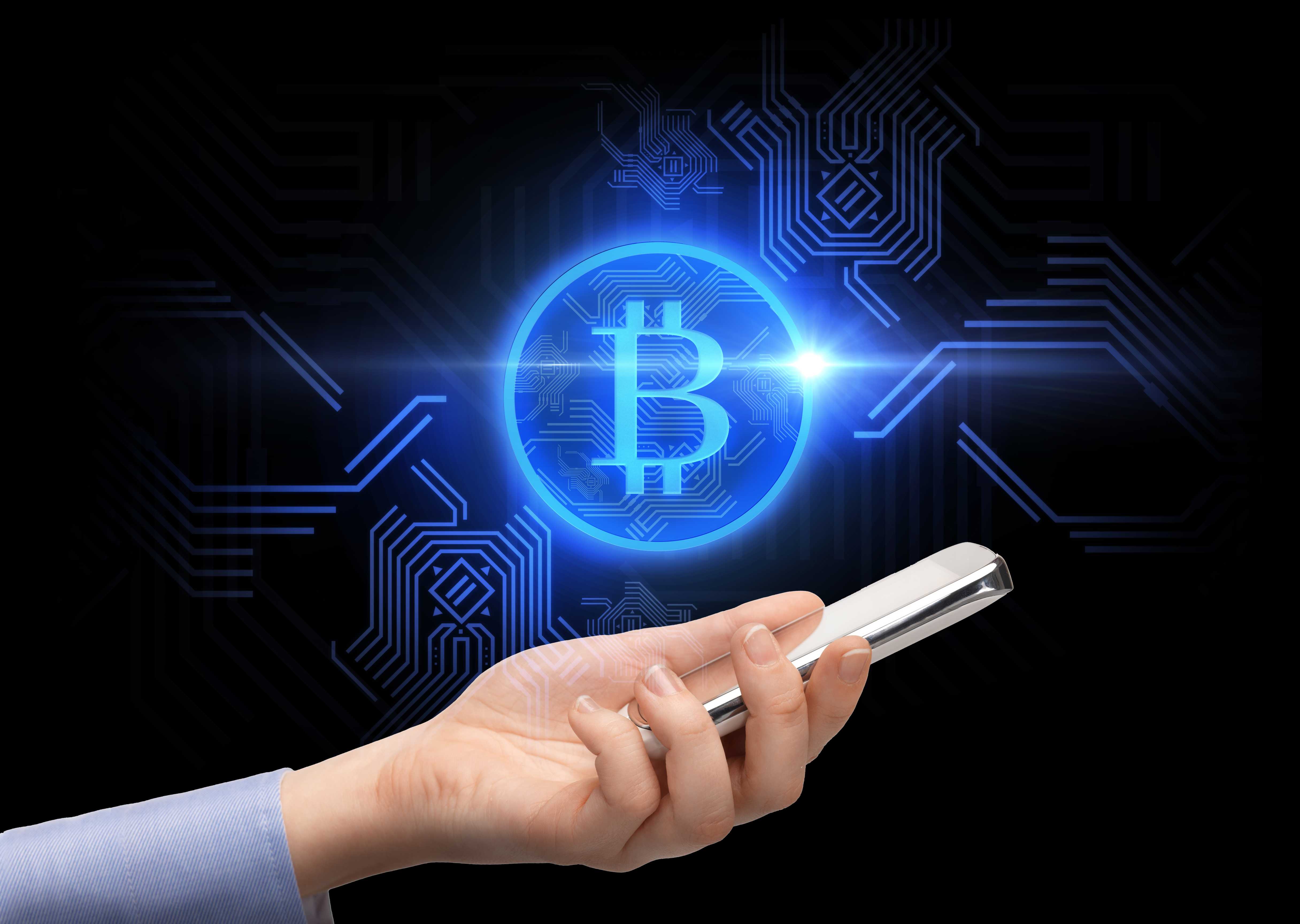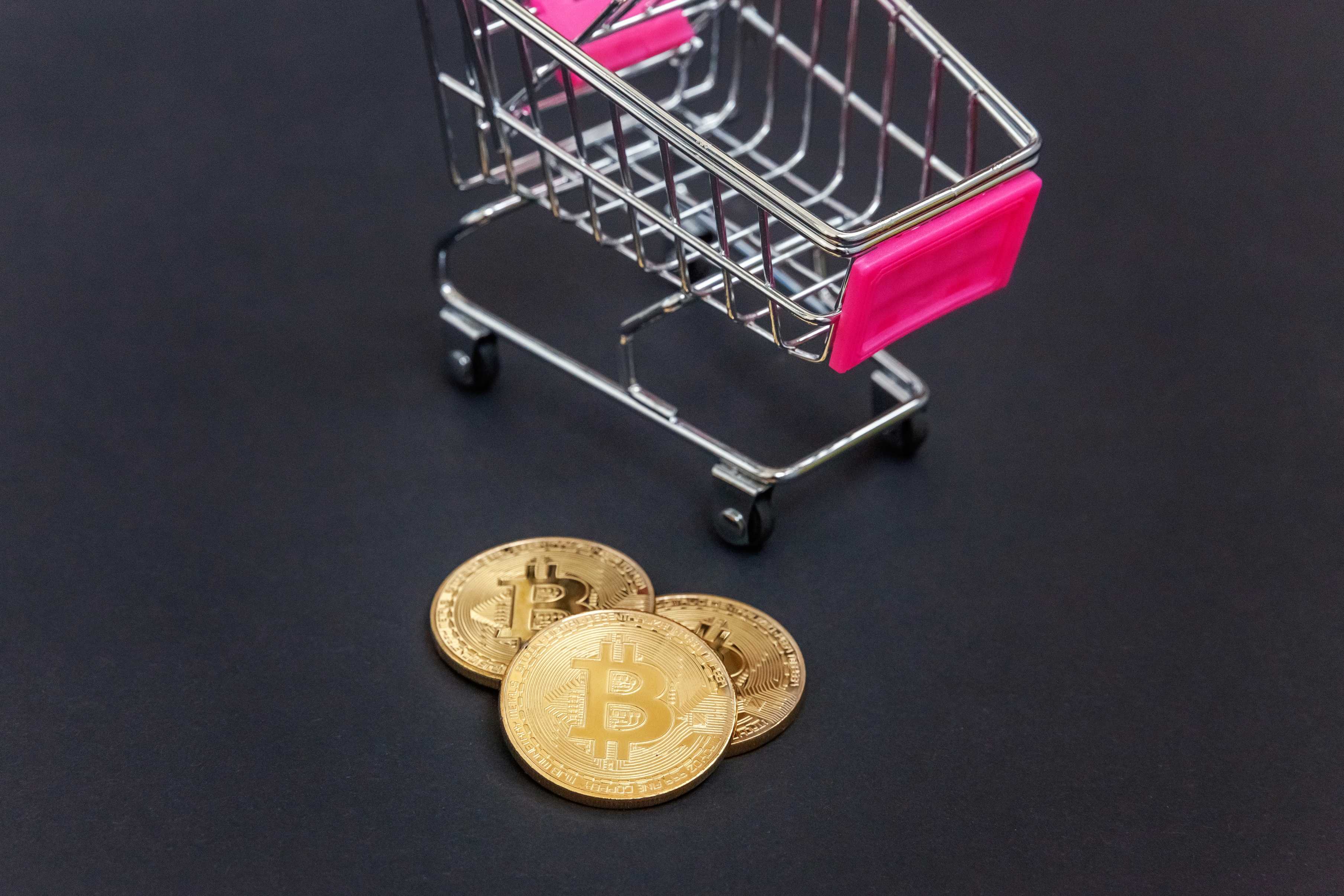Introduction
Nigeria has evolved as a hub for the latest financial advancements in the digital ecosystem. In 2022 alone, Nigeria processed over 5 billion real-time digital transactions, ranking among the world's leaders by volume. Banking apps, USSD, mobile wallets, and payment portals that suit local consumer preferences are increasingly replacing older methods like cash, checks, and manual transfers.
Despite the adoption of a wide range of electronic payments, cash is still king in Nigeria. The results of a survey conducted in 2023 show that cash and debit cards are the most common payment methods chosen in stores, restaurants, and similar. Card payments are still struggling to take off. Credit card penetration in Nigeria is very low for such a big economy. In a ranking of 150 countries worldwide placed from highest to lowest estimated credit card penetration, Nigeria was 115th. Recent data from 2024 show that almost 2% of the population in Nigeria own a credit card. Nevertheless, the percentage of people having an account with a financial institution is considerably higher.
Traditional Payment Methods (Cash)
From the inception of human civilization, cash has been an integral part of humanity. As far as Nigeria is concerned, cash is still very prevalent and considered the most commonly accepted payment method across Nigeria. The survey conducted in 2023 shows that cash and debit cards are the most common payment methods chosen in stores, restaurants, and similar. Card payments are still struggling to take off. Credit card penetration in Nigeria is very low for such a big economy. In a ranking of 150 countries worldwide placed from highest to lowest estimated credit card penetration, Nigeria was 115th. Recent data from 2024 show that almost 2% of the population in Nigeria own a credit card. Nevertheless, the percentage of people having an account with a financial institution is considerably higher.
Bank Transfers
The banking industry in Nigeria will soon grow at a never-before-seen rate. To support this expansion and fortify the fintech infrastructure, the government is acting appropriately.
Since digital banking is quickly becoming the new standard, efforts are being made to make digital banking services better and more accessible to customers. Nigeria made 3.7 billion real-time payments in 2021, according to a press release from 2022.
Online access to mobile payments and other digital banking services is offered by around 200 FinTech companies in the nation. Within the nation, the use of checks has decreased due to the growing popularity of digital methods and bank transfers. 3.1 million checks were used in January 2023 as opposed to 3.2 million in January 2022. Compared to N237 billion during the prior period, the overall utilization value was N244 billion.
Nigerians have access to a number of channels, including ATMs, POS systems, mobile apps, kiosks, bank offices, Internet banking, and Unstructured Supplementary Service Data (USSD).
“Global businesses shouldn’t have to navigate complex banking rails to collect payments in Nigeria. With TransFi BizPay, they can accept payments in Naira using the methods customers trust — and settle instantly in stablecoins or their preferred currency.” - Rahul Sahni, COO & CPO TransFi
E-Wallets
Customers in Nigeria utilize e-wallets, a popular payment method, for both online and in-store purchases. In 2021, digital and mobile payments accounted for 7% of Nigerian e-commerce sales. Apple Pay, Samsung Pay, and Google Pay are a few popular mobile e-wallets. Other well-known brands are Paga, Chipper Cash, and Naira.com.
In January 2023, there were 108 million mobile transactions, up from 32 million in January 2022. With this rise, the overall volumes have increased by 237 per cent.
Local customers continue to benefit from the growing usage of mobile phones as channels and mobile payment systems. There will be 100 million more mobile users overall between 2023 and 2025.
Online payments in Nigeria / Other
When it comes to online payment, Nigeria offers a further interesting scenario. In 2024, some 37% of payments in online retail were made with cards. Cash and bank transfers were the second most common payment methods. Cash-on-delivery is also popular. Data regarding payments on Jumia, one of Nigeria's most popular online marketplaces, indicate that most of their customers prefer to pay by cash-on-delivery. To make payments on delivery, shoppers use the marketplace pay account and pay via SMS or QR code. E-wallets make up about 7% of digital payments in Nigeria. The most common e-wallet service providers were KongaPay and PayPal.
Cards
The Central Bank of Nigeria's (CBN) rules still govern Mastercard and Visa, which control the majority of the Nigerian market. However, in 2011, an indigenous card called Verve quickly emerged as a result of this. Banks can process payments more swiftly and cheaply. The payment offers more than 30 million payment tokens to customers in order to boost its adoption in the Nigerian market. Another local brand is challenging Mastercard, Visa, and Verve. The Nigeria Inter-Bank Settlement System and the Central Bank of Nigeria collaborated to create the AfriGo.
The current value of the Nigerian card market is $18.2 billion.
Also read: Popular Local Payment Methods and Solutions in Nigeria.
Conclusion
Nigeria's payment landscape is undergoing a rapid and transformative shift, moving decisively towards digital methods. While cash remains a factor, the surge in mobile money, instant transfers, and fintech innovations signals a strong embrace of cashless transactions. Driven by government initiatives and fueled by increasing mobile penetration, this evolution promises greater financial inclusion and economic efficiency. However, continued focus on infrastructure development, cybersecurity, and addressing the needs of underserved populations will be crucial to solidifying Nigeria's position as a leading digital payment hub in Africa.
FAQs
- What is the most used payment method in Nigeria?
- The majority of the population in Nigeria uses Cash as the primary source for getting the transactions done.
- What is the best online payment gateway for Nigerian businesses?
- TransFi's payment gateway is a seamless solution for local and international transactions.
- Is Nigeria moving towards a cashless economy?
- Nigeria has already moved in that direction. The enhancement of mobile and contactless payments during the last few years has made digital transactions the preferred method both by businesses and customers. Companies are encouraged to use the innovative Transfi's payment solutions to help them adapt to the constantly changing payment market.
Table of Contents
Suggested Article
Explore our products

Make global payments at the speed of a click

Accept payments, remove borders.

Unlock Seamless Digital Currency Transactions Anywhere
























